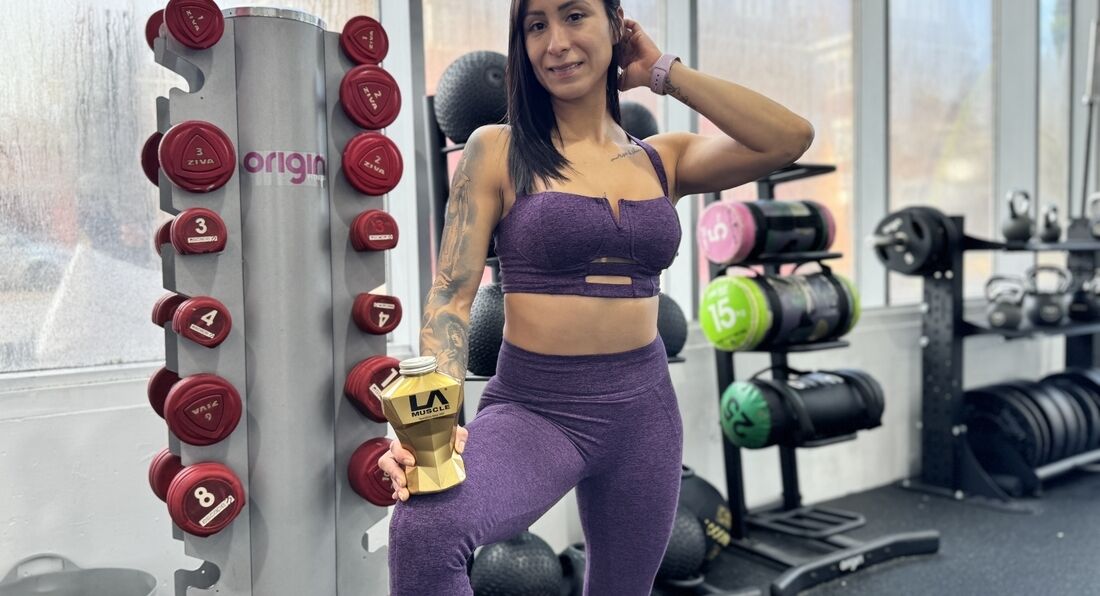Thursday, 15th September 2022
5 Nutrition Tips For Peak Athletic Performance
Become stronger
By LA Muscle on 15.09.2022 10:41 am
You know that nutrition significantly impacts your performance if you're an athlete. So whether you're trying to improve your speed, agility, strength, or endurance, you can do it with the proper diet and exercise plan. The tips below will assist you in gaining an understanding of the importance of nutrition in athletic performance and how to improve it.
1. Eat complete meals
Maintaining a high energy level means you must eat complete meals that include all the macronutrients - carbohydrates, proteins, and fats. Eating small meals every few hours can also help keep your metabolism going and prevent you from feeling sluggish. Try eating at least five small meals each day with some form of protein, carbohydrate, and fat in each meal.
2. Avoid these foods
Certain foods can hinder your performance and cause fatigue, cramping, and bloating. Steer clear of these foods before your next big game or race.
- Dairy: Dairy is one of the most common food allergies out there. If you're sensitive to dairy, it's best to avoid products like cheese and milk as they can lead to stomach upset during competition.
- Wheat: Wheat consumption is linked with an increased risk of exercise-induced asthma due to its gluten content.
3. Practice consistency
Consistency is critical when it comes to nutrition for peak athletic performance. You must eat the right foods at the right times to fuel your body properly. This could mean you need to have a plan and stick to it. Meal prepping can be a great way to ensure you get the nutrients you need. Find out what foods fit into your particular diet (vegan, paleo, etc.) and then list what ingredients you'll need to prepare those meals ahead of time.
Many athletes practice consistency by including LA Whey Gold protein shakes after workouts. This protein shake contains high-quality protein that helps repair muscle tissue, helps build lean muscle mass, provides energy, and keeps you feeling full. Consider adding some ingredients such as almond milk, strawberries, blueberries, chia seeds and flaxseed oil to your protein shakes.
4. Include plenty of carbs and protein
Carbs provide energy to working muscles, and protein is vital for repairing and rebuilding muscle tissue. Therefore, athletes need to include plenty of both in their diets. Here are a few tips for getting the right balance of carbs and protein.
- Get your carbs from whole grains like oatmeal or barley, as well as fruits and vegetables that contain lots of fibre
- Eat sources of lean protein such as turkey breast or fish
- Limit intake of sugar or sweets that might spike blood sugar levels
5. Drink lots of water
Staying hydrated is essential for everyone, but it's vital for athletes. You need to replenish the fluids you're losing when you're sweating a lot. Drinking water will help keep your energy levels up and prevent cramping.





























